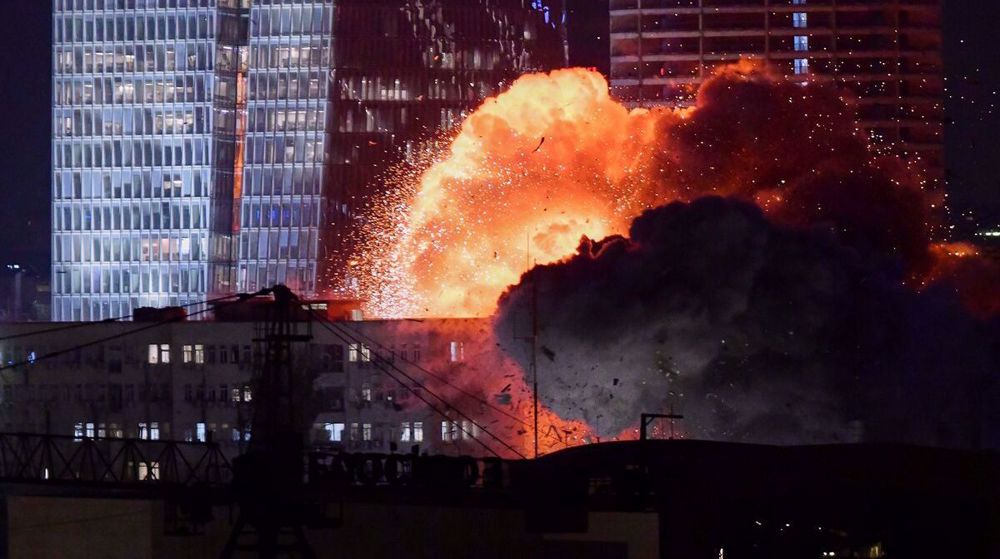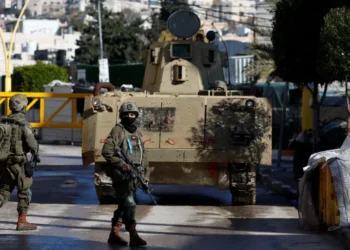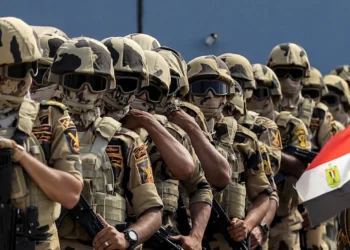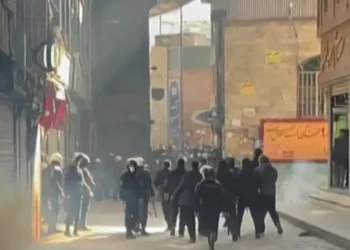TEHRAN (Realist English). Iran’s Islamic Revolutionary Guard Corps (IRGC) carried out a broad retaliatory operation against Israel, hitting at least 150 military and strategic targets, a senior Iranian military official confirmed on Saturday.
Brigadier General Ahmad Vahidi, a top advisor to the IRGC commander-in-chief and former interior minister, told state television that the strikes were part of Operation True Promise III, executed by the IRGC’s aerospace forces in multiple coordinated phases.
According to Vahidi, the attacks targeted key Israeli military installations, including Nevatim Airbase in the north-central region and Ovda Airbase in the far south, both of which reportedly housed command centers and electronic warfare infrastructure involved in previous strikes on Iranian territory.
Another primary target was Tel Nof Airbase, near Tel Aviv, which Vahidi described as a major hub of Israeli military operations. He also said that facilities belonging to Israel’s defense ministry and military-industrial sector were struck during the operation.
“This was a major blow to the Zionist regime,” Vahidi declared, describing the assault as a powerful show of force. “And it can be repeated.”
The general stated that the operation was aimed at forcing Israel to recognize the gravity of its actions. “They miscalculated. What they thought would be a decisive strike turned into the beginning of serious consequences,” he said.
Iran’s response followed a series of coordinated Israeli strikes across multiple Iranian cities, including Tehran, which led to the deaths of several senior figures in Iran’s military and scientific leadership. Among those killed were:
- Major General Hossein Salami, former IRGC commander-in-chief
- Major General Mohammad Bagheri, chief of staff of the armed forces
- Brigadier General Amir Ali Hajizadeh, head of the IRGC aerospace division
- Major General Gholam-Ali Rashid, commander of Khatam al-Anbiya HQ
The attacks also claimed the lives of prominent nuclear scientists Mohammad-Mehdi Tehranchi, Fereydoun Abbasi, and Dr. Abdol-Hamid Minoucher, along with more than 70 civilians, including women and children.
Vahidi said Israel had wrongly believed that its initial strike had crippled Iran’s military capacity and eliminated its command structure. “They assumed we couldn’t respond,” he said. “Now they must deal with a response that has only just begun.”


















